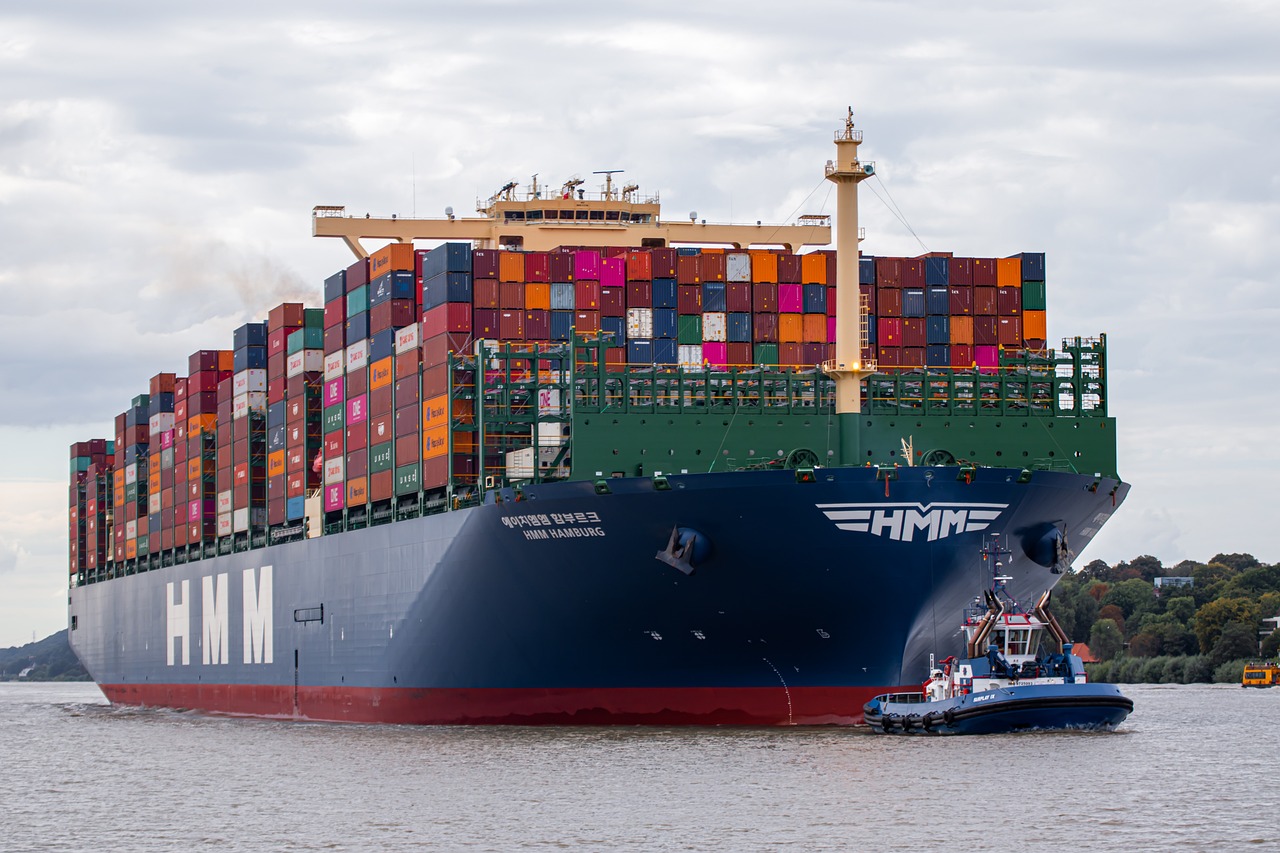
Attention Traders! Dont Miss This Environmental Bill
In todays globalized world, wine is no longer just a staple on Western dining tables. It has crossed borders and become a new favorite among wine enthusiasts worldwide. For Chinese importers looking to enter this market, understanding every aspect of wine importation is crucial. This article will guide you step by step on how to introduce world-class wines to the Chinese market.
Select reliable suppliers
First, selecting a reliable supplier is the initial step to success. You need to evaluate the suppliers production capacity, quality control, and whether they meet international food safety standards. Additionally, the suppliers market reputation and transaction history are factors that cannot be overlooked.
As a seasoned trader with 20 years in foreign trade, Ive seen too many companies stumble over the Waste Electrical and Electronic Equipment Processing Fund. Today Ill explain this often-overlooked environmental bill in plain language.
Tariffs and taxes involved in wine importation are significant components of costs. Import tax rates for wines vary by country, and understanding these rates is crucial for calculating total costs and pricing strategies. Furthermore, its important to check whether applicable free trade agreements exist, as these may offer preferential tax rates.
Logistics and transportation arrangements
Wine is a product with extremely high transportation requirements. Changes in temperature and humidity can affect wine quality. Therefore, choosing an experienced logistics company to ensure temperature control and safety during transportation is essential. At the same time, proper logistics arrangements can effectively reduce costs.
1. What is the Waste Electrical and Electronic Equipment Processing Fund?
To sell wine in the Chinese market, compliance with Chinese food safety regulations and standards is required. This includes, but is not limited to, labeling requirements, ingredient analysis, and necessary certifications. Ensuring all imported wines meet these regulations can prevent potential legal issues in the future.
Case Study: The Secret to Successful Wine Importation
By analyzing several successful wine import cases, we can see that beyond the basic steps mentioned above, market research, brand positioning, and effective marketing strategies are also key to success. For example, one importer successfully promoted a niche wine brand to become a hot product in the market through precise market positioning and innovative marketing campaigns.
In conclusion, although wine importation is complex, with careful planning and execution, it can become a highly profitable business. We hope this article provides valuable information to help you succeed in this promising market.


 Follow Customer Service WeChat
Follow Customer Service WeChat